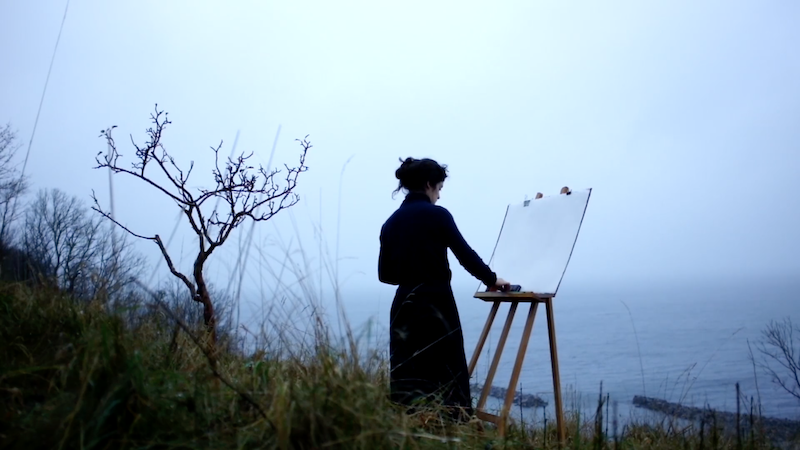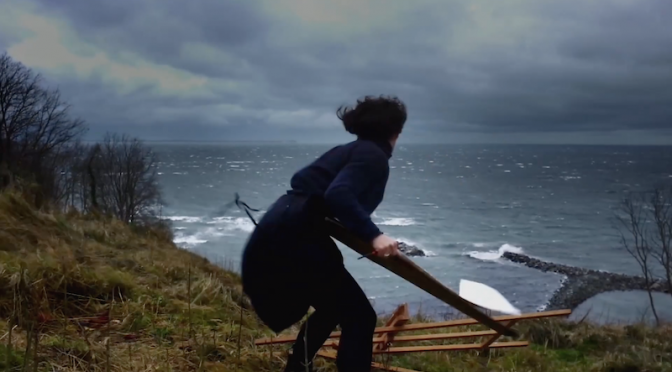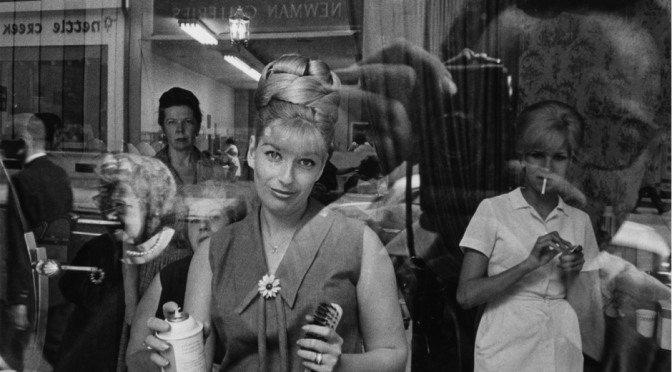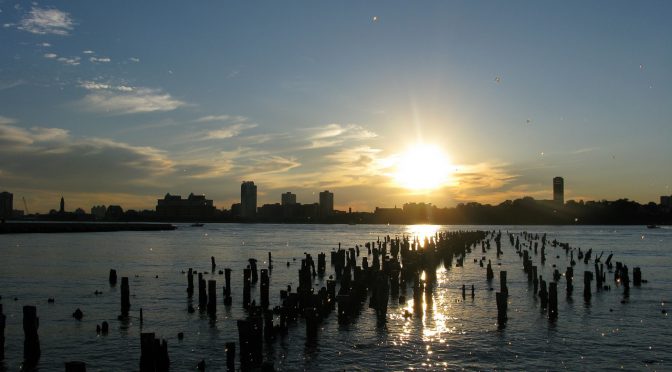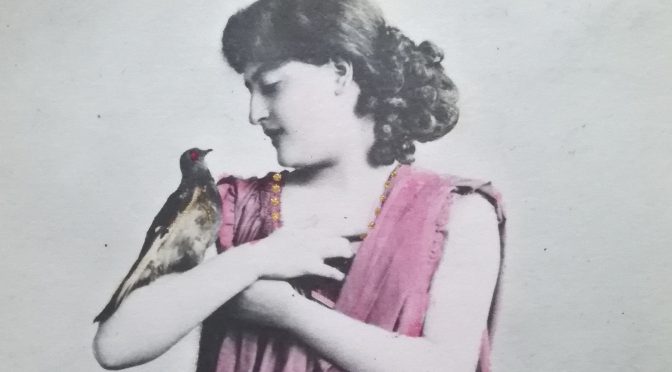by Fiona Anderson and Mark Turner in conversation
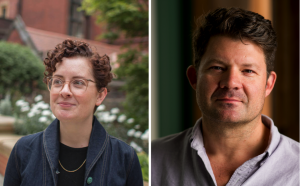
Fiona Anderson is a Lecturer in Art History in the Fine Art department at Newcastle. Her work explores queer social and sexual cultures and art from the 1970s to the present with a particular focus on cruising cultures, the HIV and AIDS crisis, queer world making practices, and the politics of urban space. Here, Fiona speaks to Mark Turner about her new book, Cruising the Dead River: David Wojnarowicz and New York’s Ruined Waterfront (University of Chicago Press, 2019).
Mark Turner is a Professor of Nineteenth and Twentieth-Century Literature in the English Department at King’s. He is the author of Trollope and the Magazines (2000), Backward Glances: Cruising the Queer Streets of New York and London (2003), and recently co-edited, with John Stokes, a major new edition of Oscar Wilde’s journalism for Oxford University Press. He has written about queer urban cultures and curated ‘Derek Jarman: Pandemonium’ at Somerset House in 2014. Mark is currently working on a project about the American gallerist Betty Parsons and her queer artists, particularly Forrest Bess. He co-founded the Queer@King’s research centre with colleagues in Arts and Humanities in 2003-4.
Katie Arthur is a PhD student in English at King’s researching the relationship between queerness and obscenity in the works of William Burroughs and John Waters.
